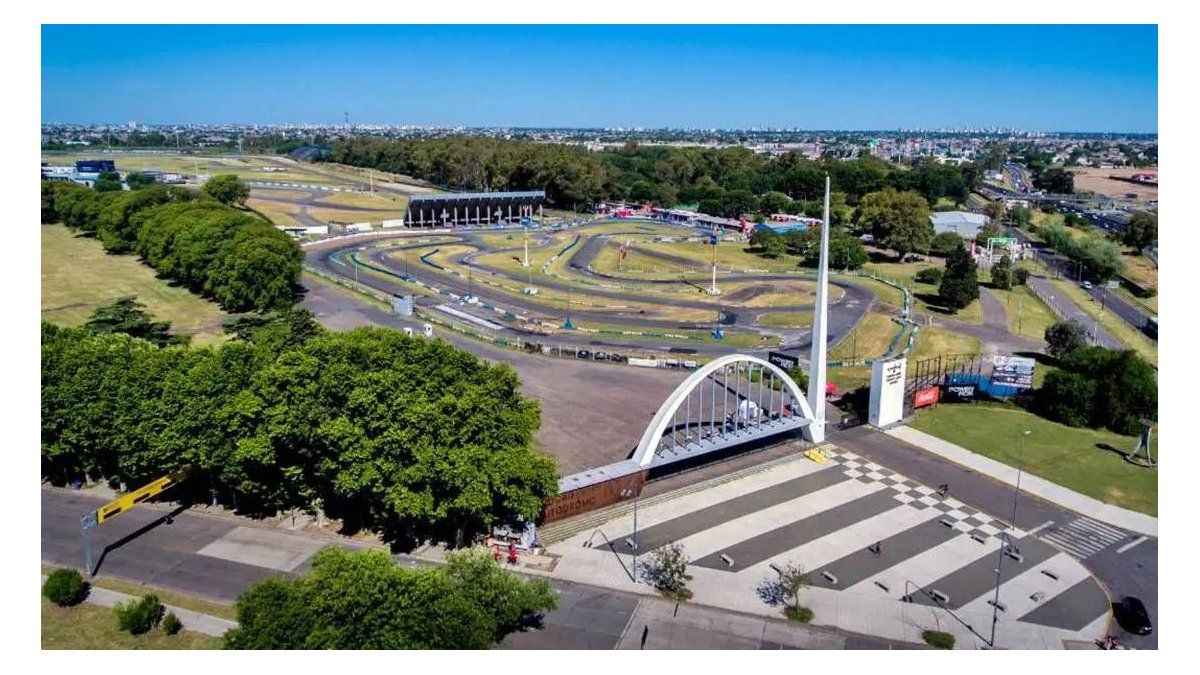The freight railway DB Cargo has been in the red for years. The board now wants to turn things around through restructuring – but there is a dispute.
The planned restructuring of the DB Cargo freight railway is turning into a power struggle between employers and employee representatives. The works councils of DB Cargo and its subsidiaries have widely opposed the board’s restructuring plans. These plans, among other things, stipulate that parts of the freight transport should be handled by subsidiaries. With these train drivers tend to get more money, but sometimes have to work far longer at a time away from home. This means that more kilometers can be covered with fewer train drivers.
At DB Cargo itself, train drivers can choose whether they want to be on the road for up to ten days at a time. There is no obligation. Recently, only a few employees opted for the multi-day work cycle, for which an allowance is paid.
The EVG union doubts that the planned shift of parts of freight transport to the subsidiaries can be a relevant contribution to the crisis at DB Cargo. The company has been in the red for years. In 2022, the railway put the loss at 665 million euros. According to media reports, the company again generated a loss of around half a billion euros in 2023. The exact business figures are to be published in March.
The works councils accuse the board of not having a convincing overall strategy. CEO Sigrid Nikutta wants to “shrink DB Cargo further” with her restructuring plans, she wrote in an information letter to employees. The letter is available to the dpa.
Expensive single-car transport
Freight transport by rail is divided into three areas: single wagon transport, combined transport and block train transport. Single wagon transport in particular is considered an expensive and hardly lucrative business because many wagons with different goods have to be combined and taken to different destinations. It should be funded by the state in the future. Combined transport, in which containers are picked up at a port and then transported by rail, is, on the other hand, considered a growth business. This traffic is to be relocated from DB Cargo to its subsidiaries.
In case of doubt, the railway wants to enforce the restructuring in court if an agreement cannot be reached with the employee representatives. The dpa learned this from railway circles. At the subsidiaries, the focus is on customers, not on the best service plan. The service takes place in time windows that suit the customer. DB Cargo, on the other hand, is not competitive – and has been for more than 15 years.
DB Cargo’s figures have also brought the EU Commission to the fore. The losses have been absorbed in recent years by Deutsche Bahn, which is owned by the federal government. This raises the question of whether DB Cargo is being kept alive with a hidden form of state aid. The EU Commission is currently conducting state aid proceedings against the Federal Republic of Germany.
Source: Stern




